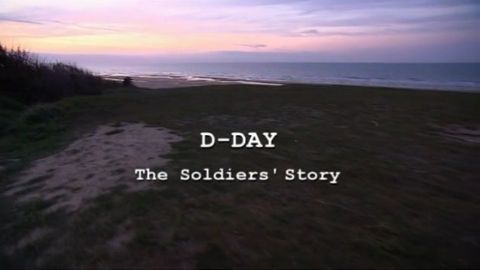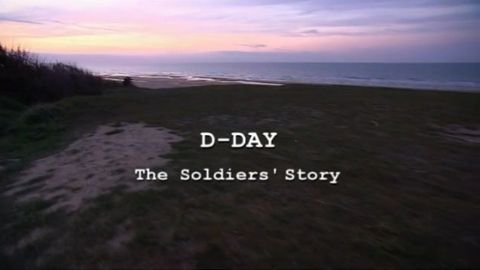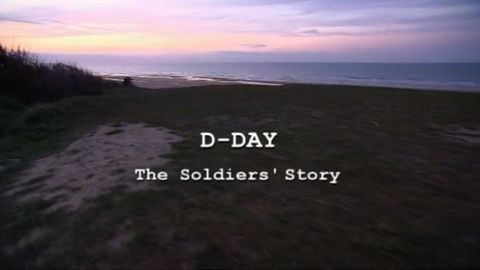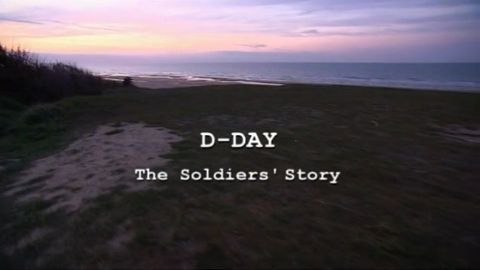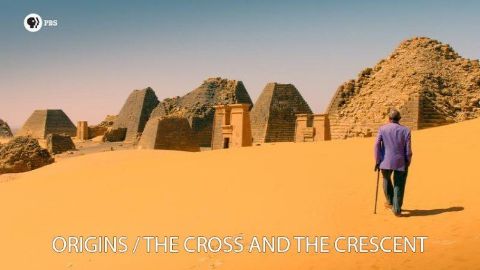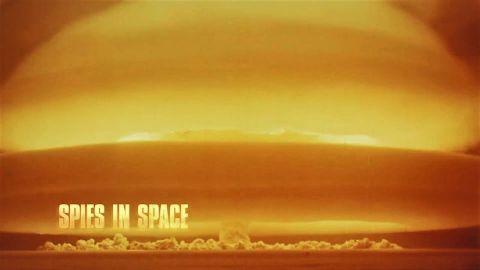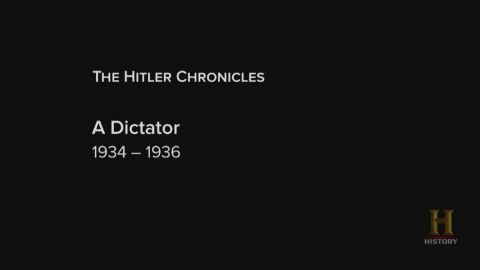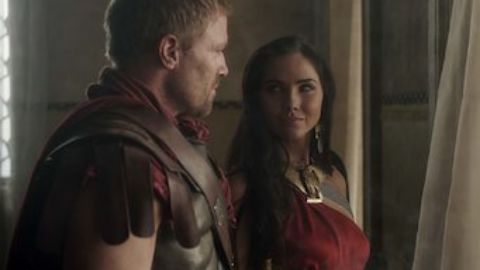Part 1 • 2012 • episode "S1E1" • D-Day: The Soldiers Story
In 1943 the British and Americans plan the opening of a 'Second Front' in Northwest Europe. Huge numbers of troops, aircraft and ships begin to assemble in England for the invasion of France. They train relentlessly for what will prove the largest amphibious operation in military history. Meanwhile across the Channel the Germans also gather their strength. Hitler sends one of his best generals, 'the Desert Fox' himself Field Marshal Erwin Rommel, to supervise the construction of coastal defences known as 'the Atlantic Wall'. But the Allies retain one crucial advantage that even Rommel's genius cannot compensate for – only the Allies know where and when they will strike.
Make a donation
Buy a brother a hot coffee? Or a cold beer?
Hope you're finding these documentaries fascinating and eye-opening. It's just me, working hard behind the scenes to bring you this enriching content.
Running and maintaining a website like this takes time and resources. That's why I'm reaching out to you. If you appreciate what I do and would like to support my efforts, would you consider "buying me a coffee"?
Donation addresses
BTC: bc1q8ldskxh4x9qnddhcrgcun8rtvddeldm2a07r2v
ETH: 0x5CCAAA1afc5c5D814129d99277dDb5A979672116
With your donation through , you can show your appreciation and help me keep this project going. Every contribution, no matter how small, makes a significant impact. It goes directly towards covering server costs.
